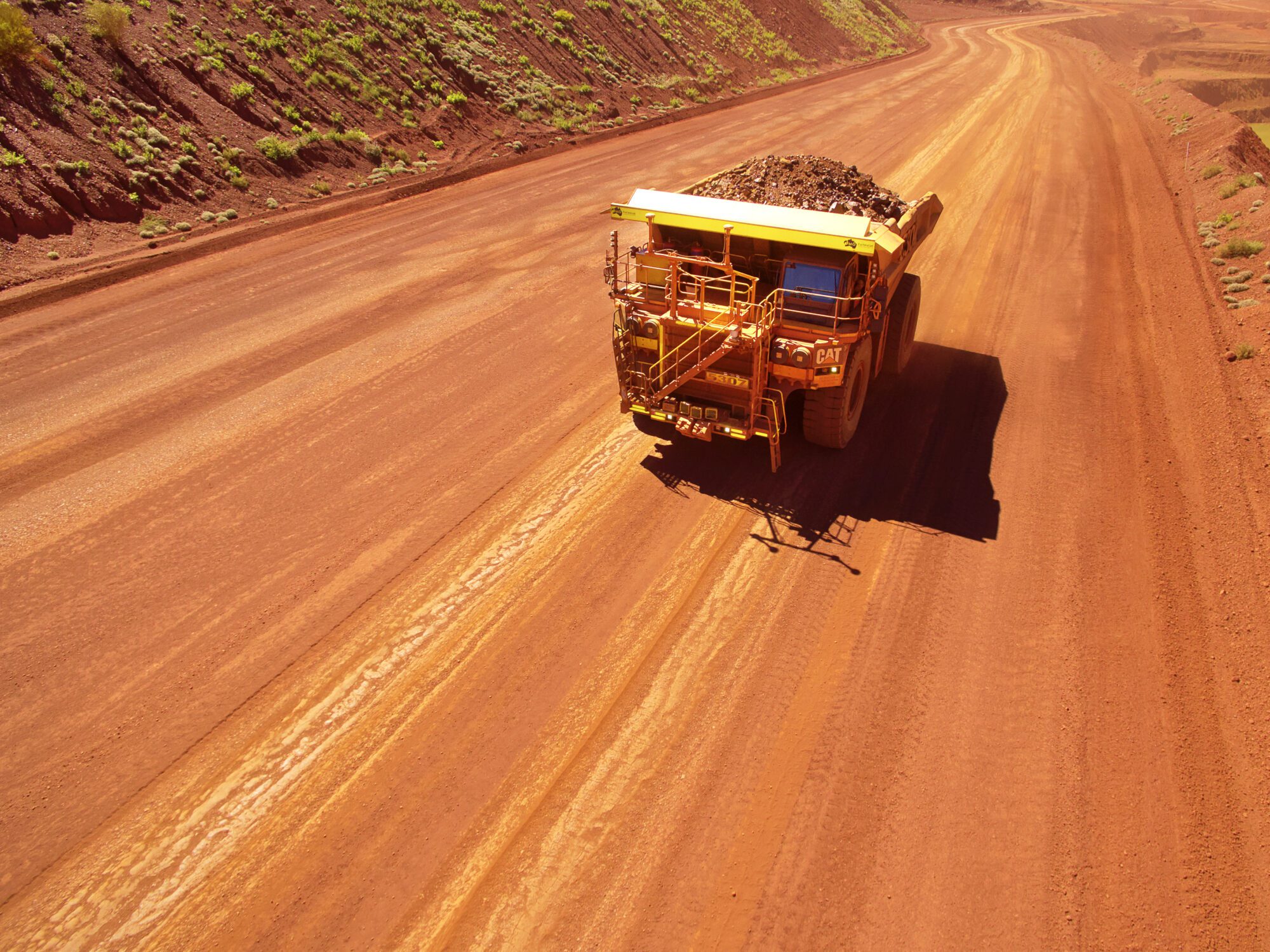CME chief executive Paul Everingham said given the scientific inquiry led by Dr Tom Hatton concluded that the risks from hydraulic fracturing were low and could be managed with good regulation and industry best practice, it made little sense to keep the ban in place.
Mr Everingham said allowing hydraulic fracturing would place downward pressure on electricity and domestic gas prices and help WA households, manufacturing and other industries access affordable energy.
It would also allow Indigenous communities in the Kimberley who supported hydraulic fracturing to take advantage of the economic opportunities they desperately needed.
“Hydraulic fracturing has been done safely for decades in WA, with more than 600 wells hydraulically fractured in the past 55 years with no evidence of environmental harm,” he said.
“We have already had 13 hydraulic fracturing inquiries in Australia, including a very thorough investigation by the WA Parliament just three years ago. Like all of the others, it found no evidence to support activist demands that hydraulic fracturing must be banned.
“Today’s announcement is a missed opportunity to tap into WA’s potentially massive shale and tight gas assets and provide the WA community with a greater domestic gas supply.
“The onshore gas industry in the Kimberley can deliver significant benefits to the local community and in particular, Aboriginal people, through training and meaningful employment. The Noonkanbah community is a good example of this and will hopefully demonstrate to the Government just how vast the economic benefits of hydraulic fracturing could be if the ban on other areas of the State was lifted.
“Even the Pastoralists and Graziers Association of WA acknowledged this fact in their submission to the inquiry, saying it strongly believes that projects which meet all legislative and regulatory requirements will bring significant economic and associated social benefits from the local through to state level.’’
Following its own inquiry which reached the same conclusion as the Hatton inquiry, the Northern Territory Government lifted its moratorium on hydraulic fracturing in April this year. At least $200million worth of potential investment was lost or delayed while the NT moratorium was in place, according to industry estimates.
Mr Everingham said the NT example highlighted just how important regulatory certainty was to all sectors of the economy.
“The resources sector is a major economic contributor to the State’s economy, and Western Australia depends now, more than ever, on its reputation as an innovative and attractive place to develop natural resources,” he said.


